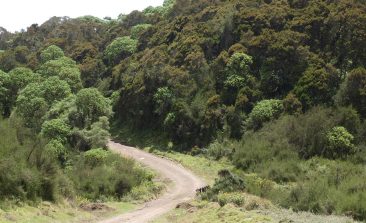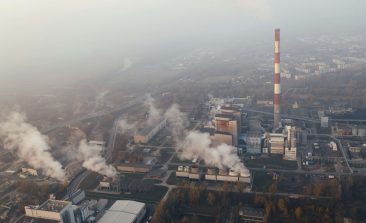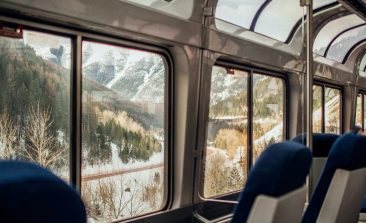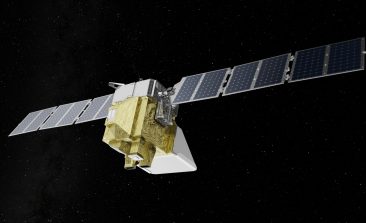Jazamiti: Kenya’s Digital Leap Towards 15 Billion New Trees
With the help of the Jazamiti app, Kenyans can select and plant trees based on their ecological zones, as the country races to restore its tree cover.
Reducing CO2 Emissions by Capturing Carbon With Light
Net zero will only be achieved if we capture the excess carbon in the atmosphere. Thanks to new research, capturing carbon with light is now a viable, cost-effective method of carbon capture.
New Tracking Technology Hopes to Restore Trust in Last Mile Aid Delivery
Violence, corruption and infrastructure inefficiencies mean that humanitarian aid delivery is often hindered. Track & Trust hopes to help it along the last mile to those in need.
Portable Sensor AirBeam Measures Air Quality—and Shares Its Open-Source Data
Are we really breathing clean air when we sit in our garden or local park? The portable measuring device AirBeam can answer this question—and thanks to its open-source data—also protects other people from the impact of air pollution.
Are High-Tech Reusable Water Bottles the Solution Our Oceans Need?
Rebo's high-tech reusable water bottle collects plastic waste from the beach every time you drink. But will growing sales of reusable water bottles save our oceans, or are they a sign of ever-more consumerism?
Why Don’t We Have Skyscanner for Trains? Addressing the Gap in International Train Travel Booking Tools
International train travel is at least 4.5 times more environmentally friendly than flying. So why is it still so complicated to book routes?
Pfandgeben: Donate Bottles with Deposits to People in Need via an App
The PFANDGEBEN app helps people in need earn money through bottle refund schemes.
3D Samples Could Be the Answer to Fashion’s Waste Problem
3D samples could reduce waste in fashion's supply chain, cutting emissions from this highly polluting industry.
MethaneSAT: A Climate Change Tool That’s Out of This World
Methane is one of the planet's most dangerous greenhouse gases. A new satellite—the size of a washing machine—is set to provide vital data.








